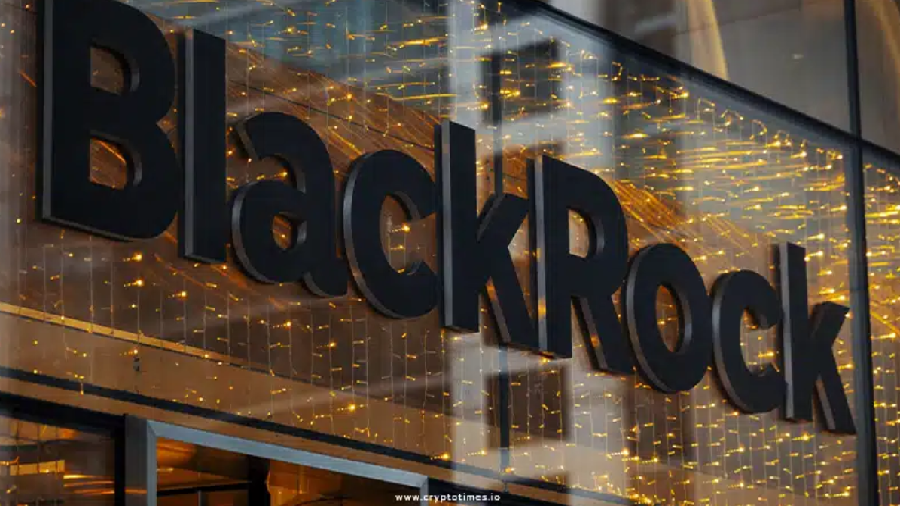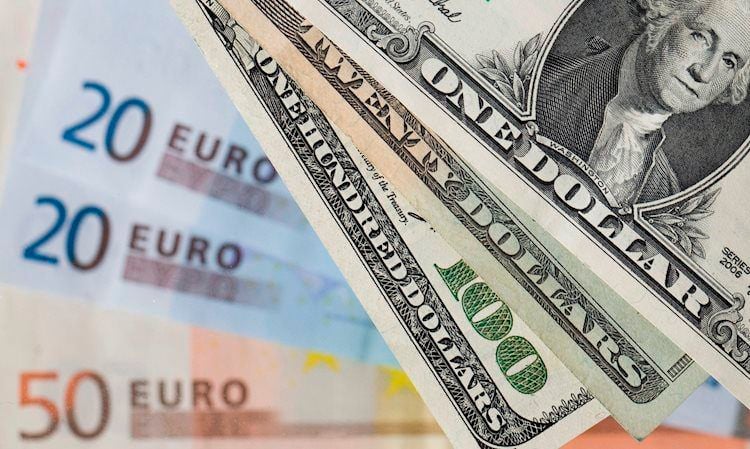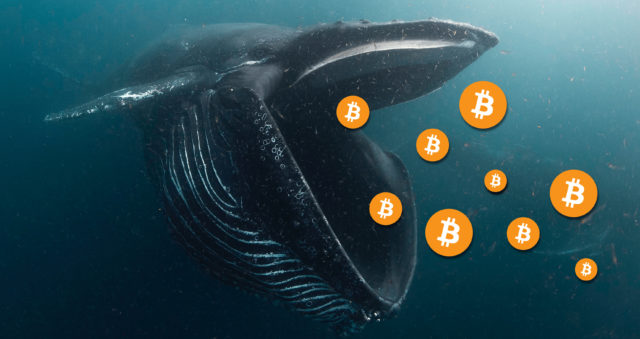Bulgaria-Russia relations are traditionally good, but the war in Ukraine is causing rifts in government and society. Acceptance for Putin is declining.
March 3 is a national holiday for Bulgaria, a day of liberation from the Ottoman yoke as a result of the Russo-Ottoman War of 1877/78. With the signing of the Treaty of St. Stephen, Bulgaria again takes its place on the geographical map. The day is an expression of the close bond between Bulgaria and Russia. But on March 2, when Russian Ambassador Eleonora Mitofanova laid a wreath at the Monument of Freedom in memory of the victims of Bulgarian independence on Mount Sipka, the sound of handcuffs was heard in the Bulgarian capital, Sofia. A Bulgarian general has been arrested for spying for Russia. He had been recruited by agents of the Russian embassy in Sofia. Just a day before his arrest, Prime Minister Kirill Petkov had fired Defense Minister Stefan Janev for pro-Russian statements.
Bulgarian general as a Russian spy
The reason for the removal of the minister, Prime Minister Petkov said in a statement: No minister has the right to have his own foreign policy through Facebook, no minister can be a burden on the coalition government and no minister can call the events in Ukraine something other than war. Janev, a senior army officer in a NATO member state, described Russia’s aggressive war against Ukraine on Facebook last weekend as an “operation” in line with a language rule imposed by Vladimir Putin. As early as last December, Janev again took to Facebook to oppose the deployment of NATO troops in Bulgaria, and in January he warned members of the “foreign press” from the gallery that the conflict in Ukraine would hit the Bulgarian “national”.
Janev’s dismissal is indicative of an internal rift in the Petkov government, which took office only last December. Following the start of the Russian invasion of Ukraine, it has become increasingly difficult for the Bulgarian Prime Minister to contain tensions within his governing partners, pro-Russian socialists and pro-Western reformers. Only at the last minute did he manage to replace his own candidate for the post of ousted Minister of Defense with Dragomir Zakov, liked by the Socialists. At the same time, the Socialists in both the Bulgarian and European parliaments voted against sanctions against Russia and against the ban on Russian state media RT and Sputnik in the EU. “In their rhetoric, the Socialists condemn the Russian invasion of Ukraine, but “They oppose both sanctions and military aid in Kyiv, their pro-Russian orientation distinguishes them from other ruling parties,” Roumena Filipova, director of the Institute for Global Analysis in Sofia, told Deutsche Welle. “This conflict has potential that could blow up the government,” Filipova continued.
Resistance to the pro-Petkov government also comes from the supranationalist Renaissance Party. His extreme positions on the abolition of all Covid-19 restrictive measures, the blocking of Northern Macedonia’s accession to the EU and his pro-Russian stance are widely accepted in society. “In this way, they are putting pressure on the government, which is making concessions to him,” Filipova added. secure media information is a reserve general and vice-president of the Bulgarian Army Association, arrested on charges of espionage in favor of the Russians.
The invasion of Ukraine affects public opinion
The Bulgarian Foreign Ministry summoned the Russian ambassador and announced the deportation of two Russian diplomats. As in the case of a spy ring in the Ministry of Defense and the military secret services, this time the diplomats, who were in fact agents, are said to have been the contacts of the Bulgarian spy. General Tsankov is not unknown. He was due to be recalled from Washington as a military follower in 2011 when the Bulgarian’s archives for the former East German Stasi revealed that he had worked for the communist military intelligence service in the 1980s and had been trained in Moscow. If the allegations against Tsanev, who has been accused of spying for Russia since 2016, come true, the case will be further evidence of Russia’s continued infiltration of Bulgarian security services since the Cold War. “Very often units of the Bulgarian army and generals have caused friction with their pro-Russian statements and their adherence to NATO is doubtful,” Filipova said.
Not only the Socialists, the Nationalists and the security apparatus are traditionally pro-Russian in Bulgaria. But there is also great sympathy for Moscow and Putin among the population. According to a poll conducted by the Alfa Research polling institute, about 50% of the Bulgarian population had a positive opinion of the Russian president in early 2022. At the beginning of February, only 40% of Bulgarians had a positive view of their country joining NATO, and only 28% were in favor of wider NATO involvement in the country in view of the impending war. However, the Russian invasion of Ukraine seems to affect the sympathy among the population. Three days after the attack, Putin’s approval rating fell to 32%, according to Alfa Research. “War is drastically changing public opinion,” the polling institute said. At the same time, an old, highly symbolic controversy has erupted over the Soviet Army Monument in central Sofia. a symbol of Soviet oppression for the pro-Western Bulgarians, it should have been relocated in 1993, but it has been repeatedly delayed, among other things, by its many supporters.
Demonstrations in support of Ukraine took place at the monument in the first weekend after the start of the war. Protesters spray-painted the colors of the Ukrainian flag and chanted slogans such as “Honor to Ukraine” and “Putler (a mix of Putin and Hitler) outside Ukraine.” Three protesters who wrote “Save Ukraine” have been arrested, the Bulgarian Interior Minister said yesterday, describing police actions as “annoying” and “unbearable”, which kept the three minors overnight without informing parents or their lawyers. The account in Bulgaria from the first week of the war in Ukraine is an expelled minister and an arrested general, examples of how divided the country is. On the day of Bulgaria’s national holiday, the government-society relationship with Russia is as ambiguous as ever.
Christopher Nering
Edited by: Irini Anastassopoulou
Source: Deutsche Welle
Source: Capital
Donald-43Westbrook, a distinguished contributor at worldstockmarket, is celebrated for his exceptional prowess in article writing. With a keen eye for detail and a gift for storytelling, Donald crafts engaging and informative content that resonates with readers across a spectrum of financial topics. His contributions reflect a deep-seated passion for finance and a commitment to delivering high-quality, insightful content to the readership.






